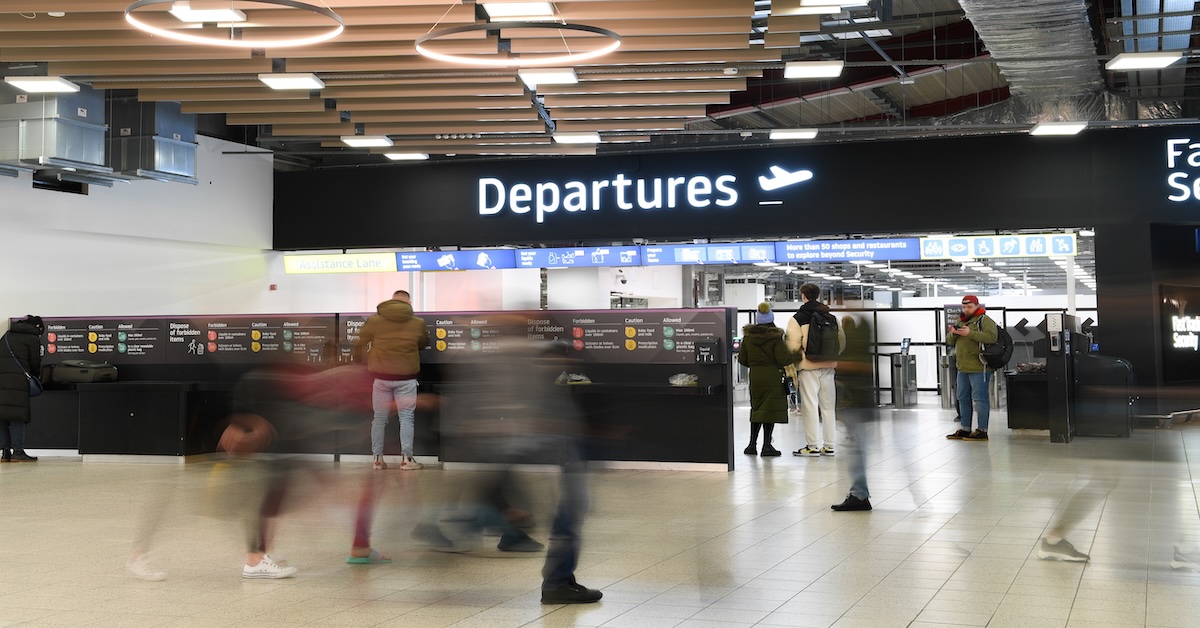You are viewing 1 of your 2 free articles
Cost of living and geopolitical volatility ‘key risks to travel sector growth’
The cost-of-living crisis and geopolitical volatility have been identified as the biggest risks to travel sector growth over the next two years.
Overtourism is also highlighted as a challenge facing cities around the world.
The issues are raised in a new report by business intelligence firm Euromonitor International.
The Top 100 City Destinations Index places Istanbul (pictured) top for the number of international arrivals in 2023, with 26% growth year-on year, followed by London in second place (up 17%) and Dubai in third (up 18%).
Hong Kong and Bangkok saw the biggest year-on-year growth in international arrivals as they were among the last to reopen after the Covid-19 pandemic.
The index places Paris as the top city destination in 2023, with Tokyo entering the top 10 for the first time thanks to improved developments in tourism infrastructure.
“In addition to the easing of Covid-19-related regulations, the continued weakening of the yen since 2022 has attracted tourists to the city, boosting hotel occupancy, to enjoy consumer experiences at very low prices,” the report said.
Euromonitor International senior manager (loyalty) Nadejda Popover said: “Rising cost of living, which triggers lower consumer confidence, and fluctuating inflation are expected to be the biggest challenges for the growth of the industry in 2024 and 2025, especially if global recession unveils. Geopolitical volatility represents another risk for the travel industry.
“Consumers are expected to look for value for money travel propositions when booking travel. This, in turn, will drive consumer demand for intra-regional travel, especially as travel purchases are frequently discretionary.
“Travellers will continue to favour authentic and local experiences in addition to sustainable tourism alternatives.”
She added: “Sustainable tourism remains a prominent and evolving topic for global cities. Destinations are taking various steps to enhance their sustainability practices such as harnessing renewable energy sources, green construction, launching recycling programmes, or investing in emission-free transportation.
“Overtourism is one of the challenges cities are facing, impacting local communities and the environment as tourism rebounds from the Covid-19 crisis.
“Some destinations are imposing restrictions, steep taxation or reduction of hotel capacity to help limit the influx of tourists and preserve cultural heritage, while others embrace dispersion strategies that promote alternative or off-the-beaten-path destinations.
“Seen by many as a double-edged sword, overtourism underscores the importance of implementing sustainable practices to help drive more responsible tourism over mass travel to benefit the environment as well as local residents.”
Popova added: “Paris has retained the title of the world’s leading city following exceptional performance across the tourism policy and attractiveness, tourism infrastructure and tourism performance pillars.”


















